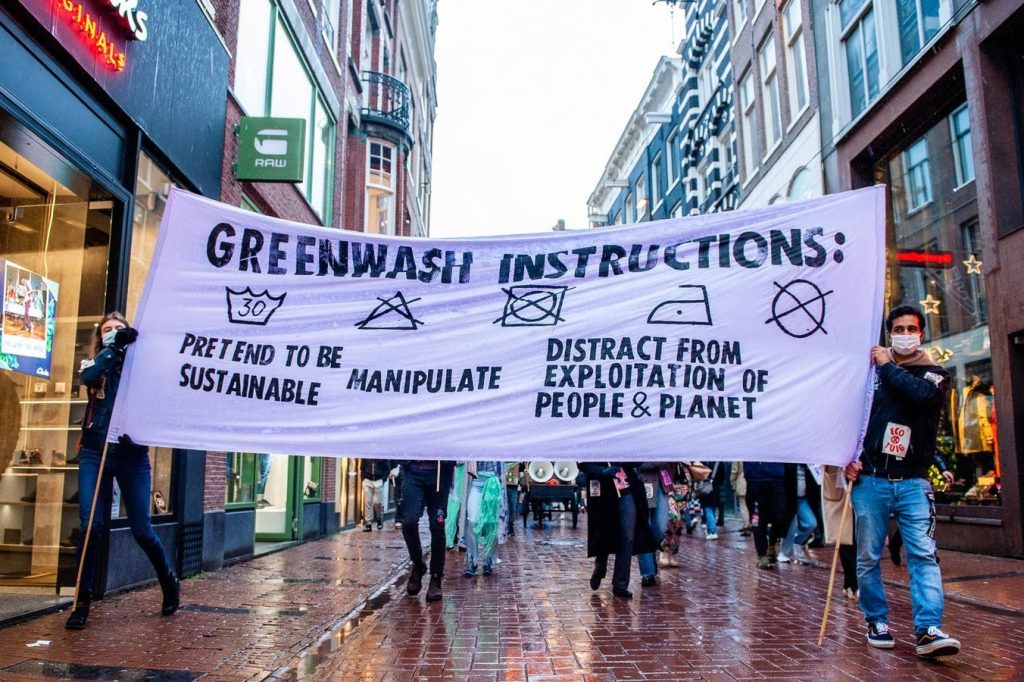In response to increasing pressure on businesses to be environmentally friendly, the Canadian government has amended the Competition Act to regulate and prevent greenwashing, the exaggeration of climate-friendly actions in marketing materials. This new legislation has resulted in companies in Canada being overly cautious, with some even scrubbing all content from websites and social media to avoid violations. For U.S. companies doing business in Canada, this creates a new legal liability that could result in heavy fines.
There has been a surge in litigation and regulatory action globally related to greenwashing, as climate activists and regulators challenge environmentally friendly claims made by companies in marketing materials and sustainability reports. The EU is currently drafting strict greenwashing legislation that could become the global standard. The amendment to the Competition Act in Canada now classifies environmental claims as deceptive marketing practices and requires companies to substantiate claims according to internationally recognized methodology.
The Competition Act applies to companies based in Canada, as well as foreign companies operating within the country. Enforcement is carried out by the Competition Bureau, with penalties that can be civil or criminal. With the new amendment, claims made in marketing campaigns or on websites regarding protecting or restoring the environment or mitigating the causes of climate change must be backed up by evidence. Any six residents of Canada over the age of 18 can file a complaint with the Bureau, leading to an inquiry by the Commissioner. Climate activists have already taken advantage of this provision, filing complaints against several companies alleging greenwashing.
Companies like lululemon, Canadian Gas Association, Enbridge, FortisBC, Pathways Alliance, Shell, and the Sustainable Foresty Initiative have faced complaints under the new legislation, with allegations of greenwashing based on deceptive marketing practices. Pathways Alliance, in particular, drew attention for scrubbing their website and social media to comply with the new law. The reaction to the legislation is seen as justified, given the increasing focus on environmental claims and the potential for more regulation and litigation in the future. Climate activists are aiming to hold companies accountable for their environmental claims and force them to make real changes to address climate change.
The amendment to the Competition Act represents a significant step in preventing greenwashing in Canada and increasing scrutiny on environmental claims made by companies. With climate activists using legal resources to challenge deceptive marketing practices, companies need to be diligent in substantiating environmental claims in marketing materials and reports. The new law brings clear liability to both Canadian-based companies and U.S. companies doing business in Canada, highlighting the need for companies to pay attention to the increased risks associated with making environmental claims.
As the landscape of environmental regulations and legal actions continues to evolve, companies will need to adapt and ensure compliance with laws like the Competition Act in Canada. Engaging in green actions and making environmental claims will now require thorough substantiation according to internationally recognized methodology, in order to avoid potential fines and penalties. Climate activists are pushing for real action on climate change from companies, not just greenwashing, making it essential for businesses to be proactive in addressing environmental concerns.













